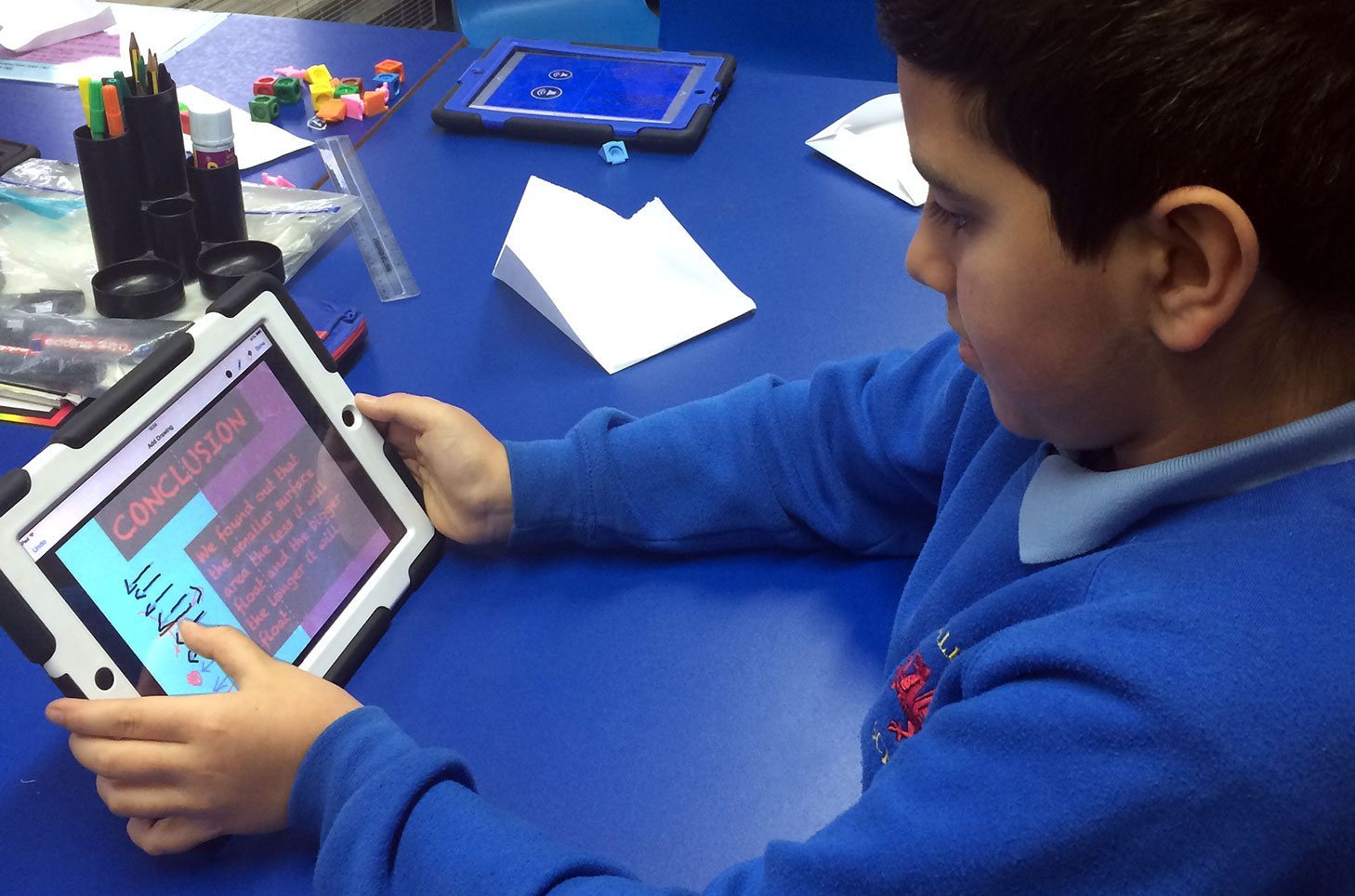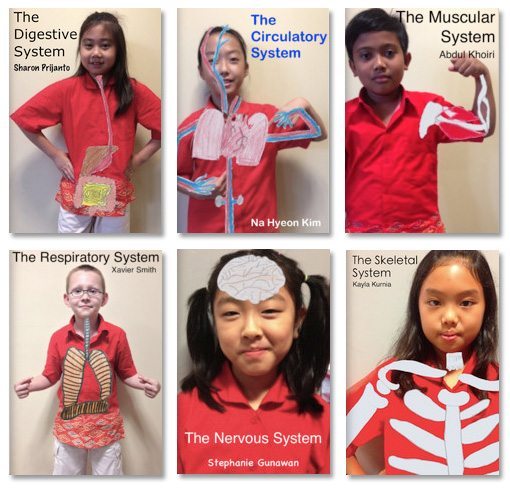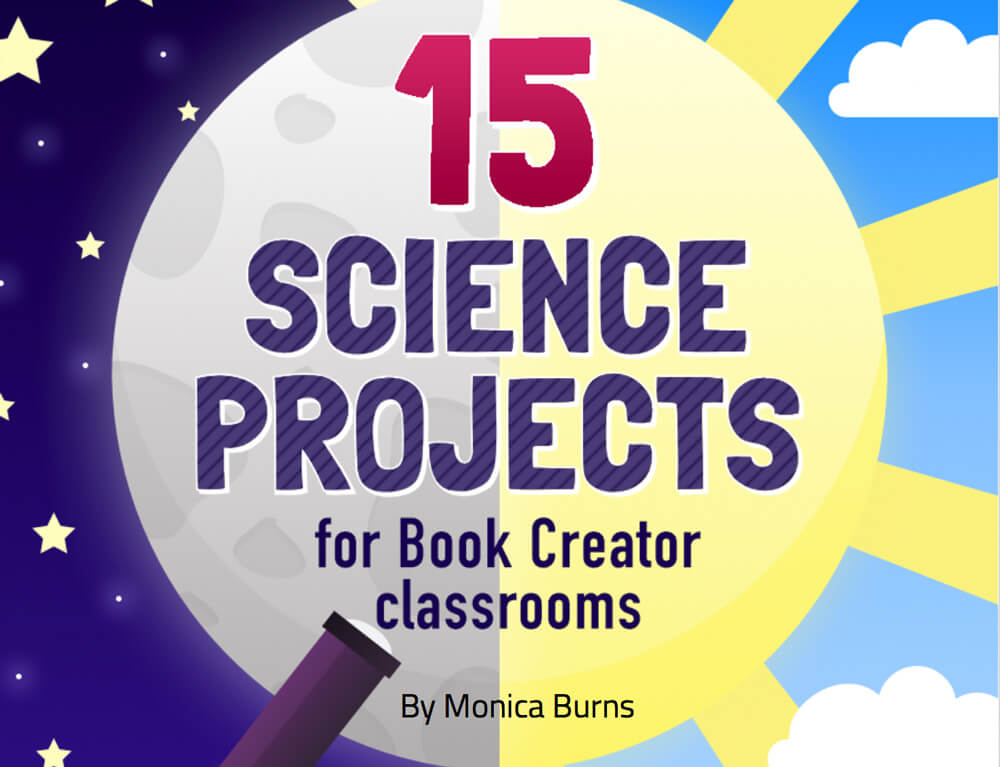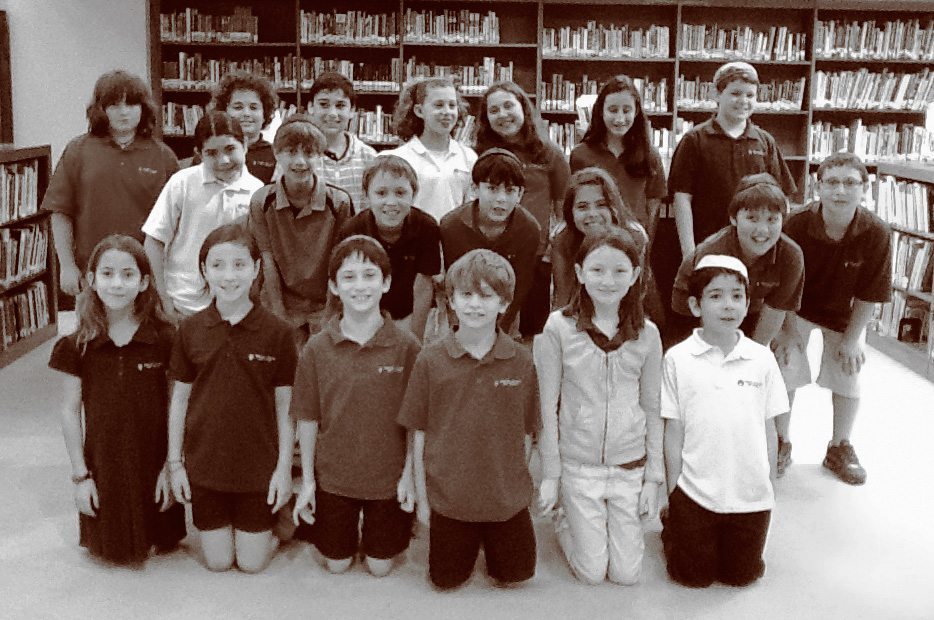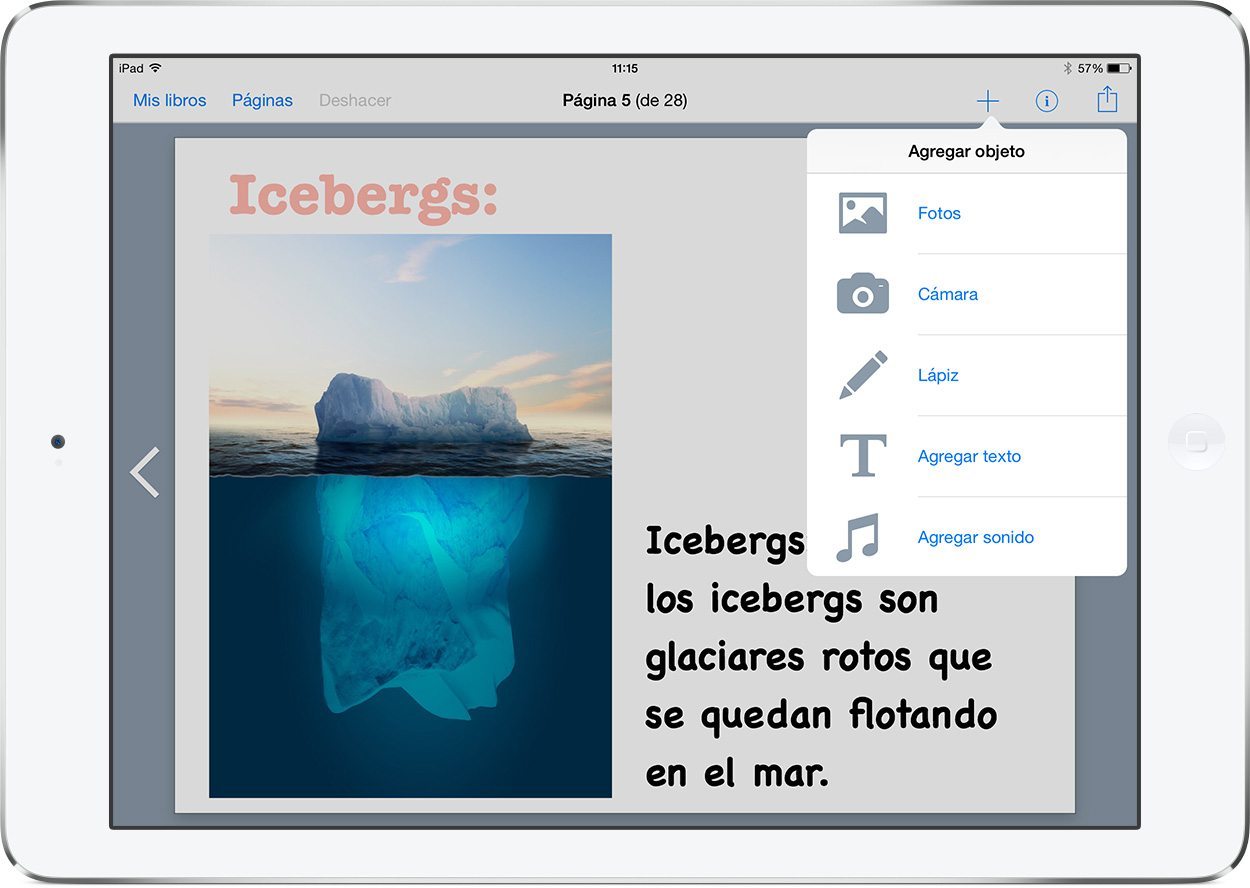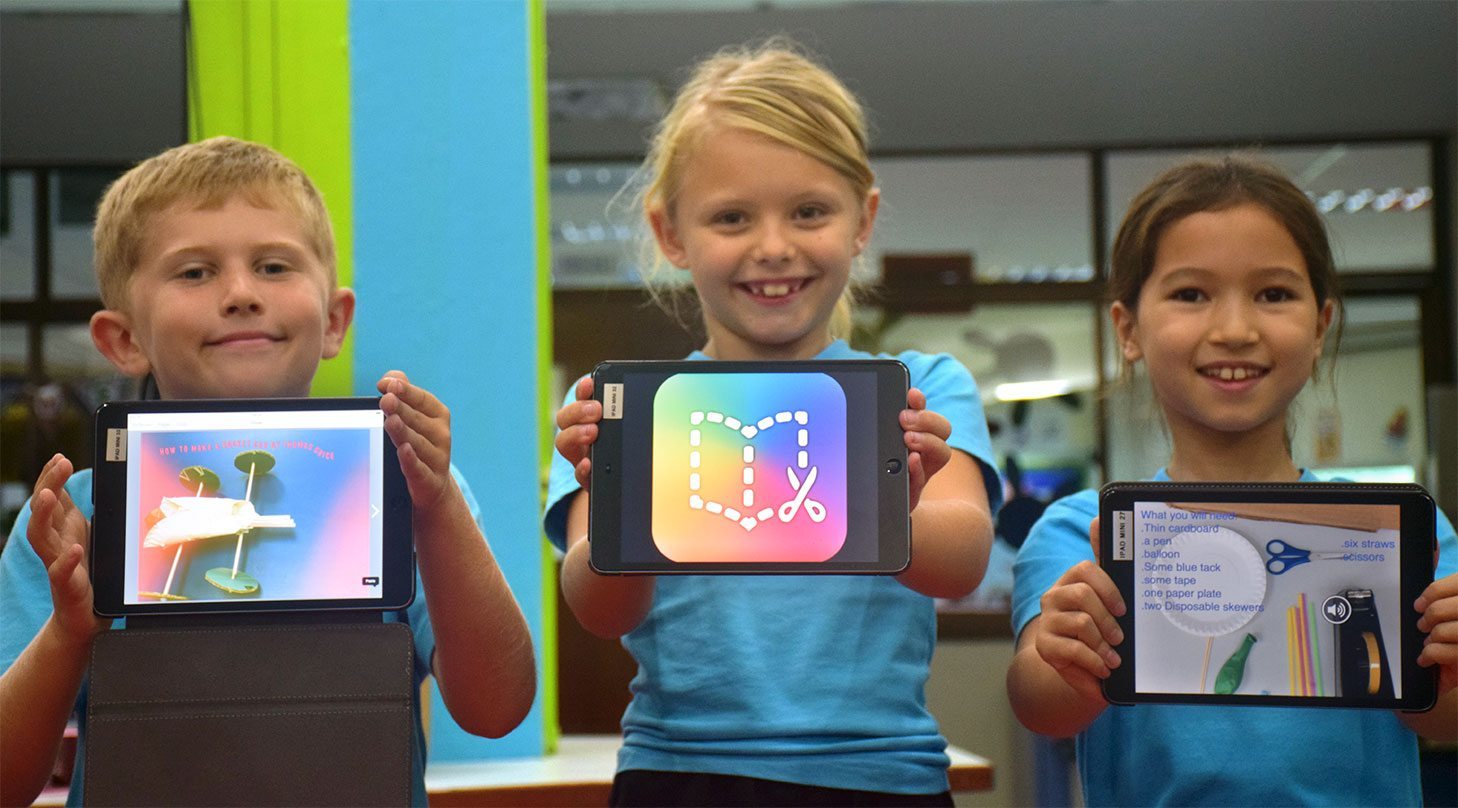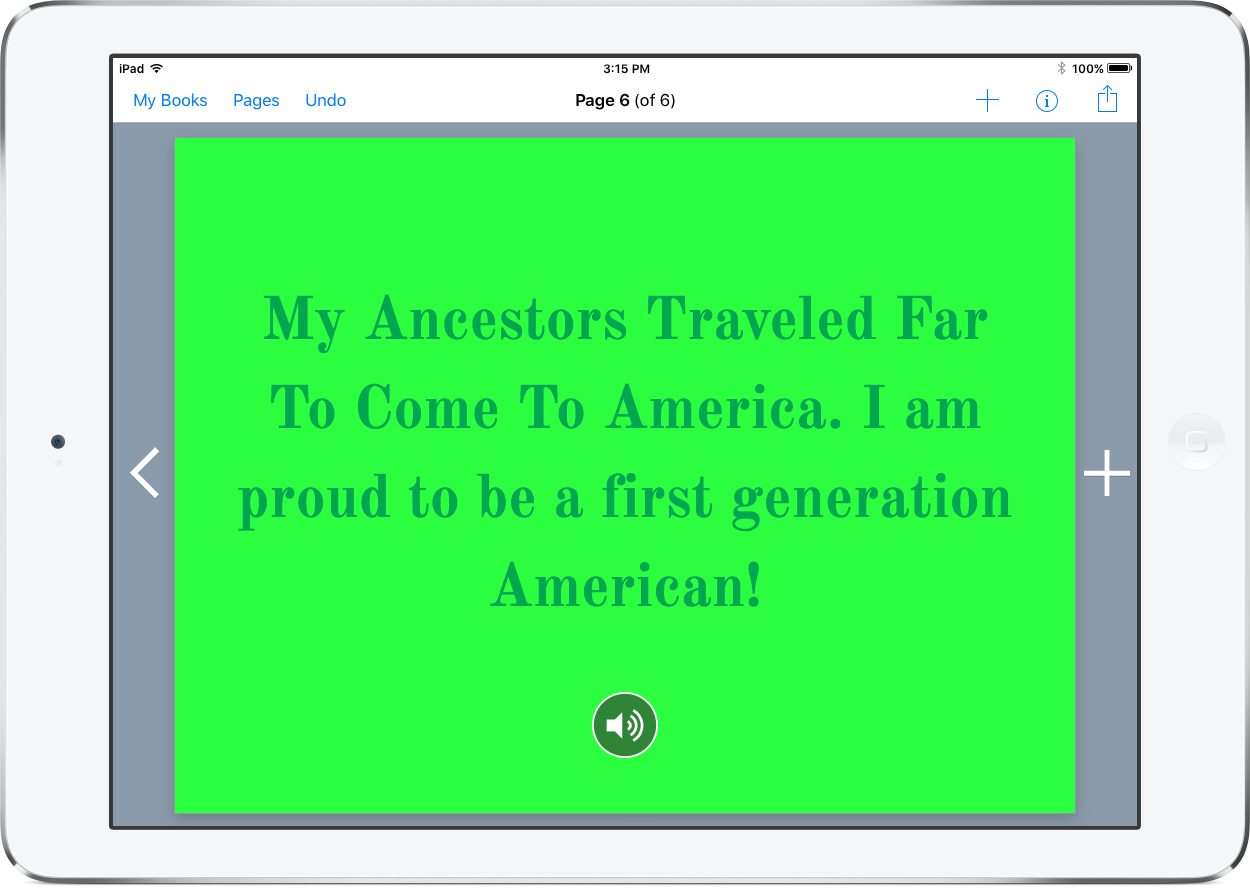This case study is about a science project but easily translates to other subject areas.
Whether in the classroom or working with teachers, I have ALWAYS believed in promoting opportunities for students to be creators. Using whatever tools are available in any environment, students can ideate, build, author, produce, etc.
In iPad classrooms, Book Creator is an excellent option for multimedia creation. I first learned about it through my Apple Distinguished Educator colleagues and it has consistently remained on my “paid apps worth every penny” shortlist that I share with the schools I work with.
For me, the main benefits of Book Creator are:
- Author 100% on the iPad
- Add audio without app-smashing
- Combine multiple pages or books from multiple authors
- Export as ePub, for iBooks, or even export as a movie!
2nd and 3rd graders in Ms. Mather’s Science class at Lynch Public School have been becoming weather experts. They decided to show what they have learned about scientific instruments by creating ebooks with Book Creator.
This is a simple overview of their successful iPad learning adventure as well as easy extension ideas for additional application.
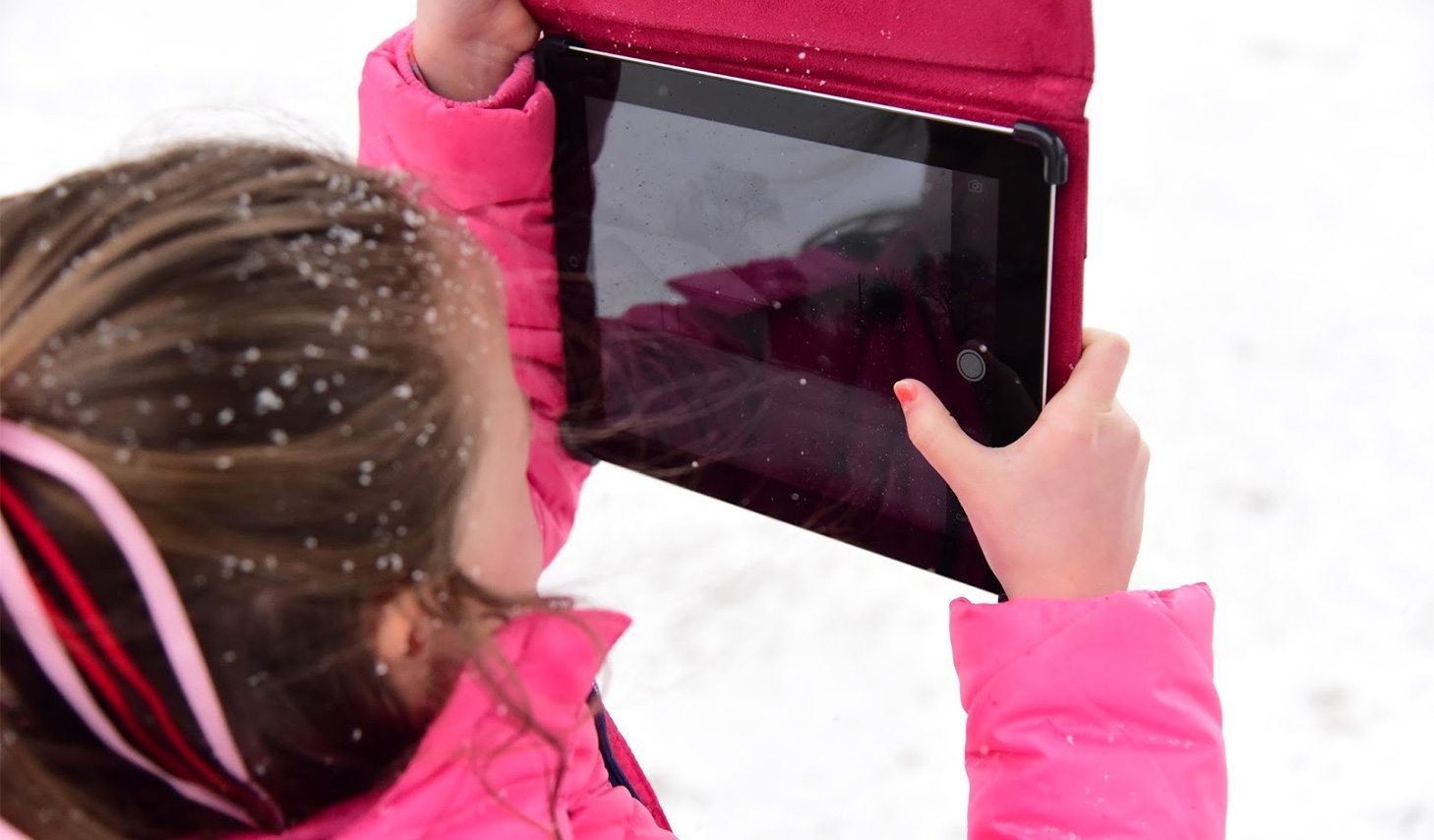
Building background knowledge on weather
Ms. Mather and her class learned about weather, using some great digital resources including “Weather”, from World Book Kids and several videos from Learn 360.
Ms. Mather decided that “weather instruments” would be a good focus and structure for the students’ digital project. Each student created a paper book detailing eight scientific instruments used to study weather. Each page included the instrument name, picture, and student-created sentence.
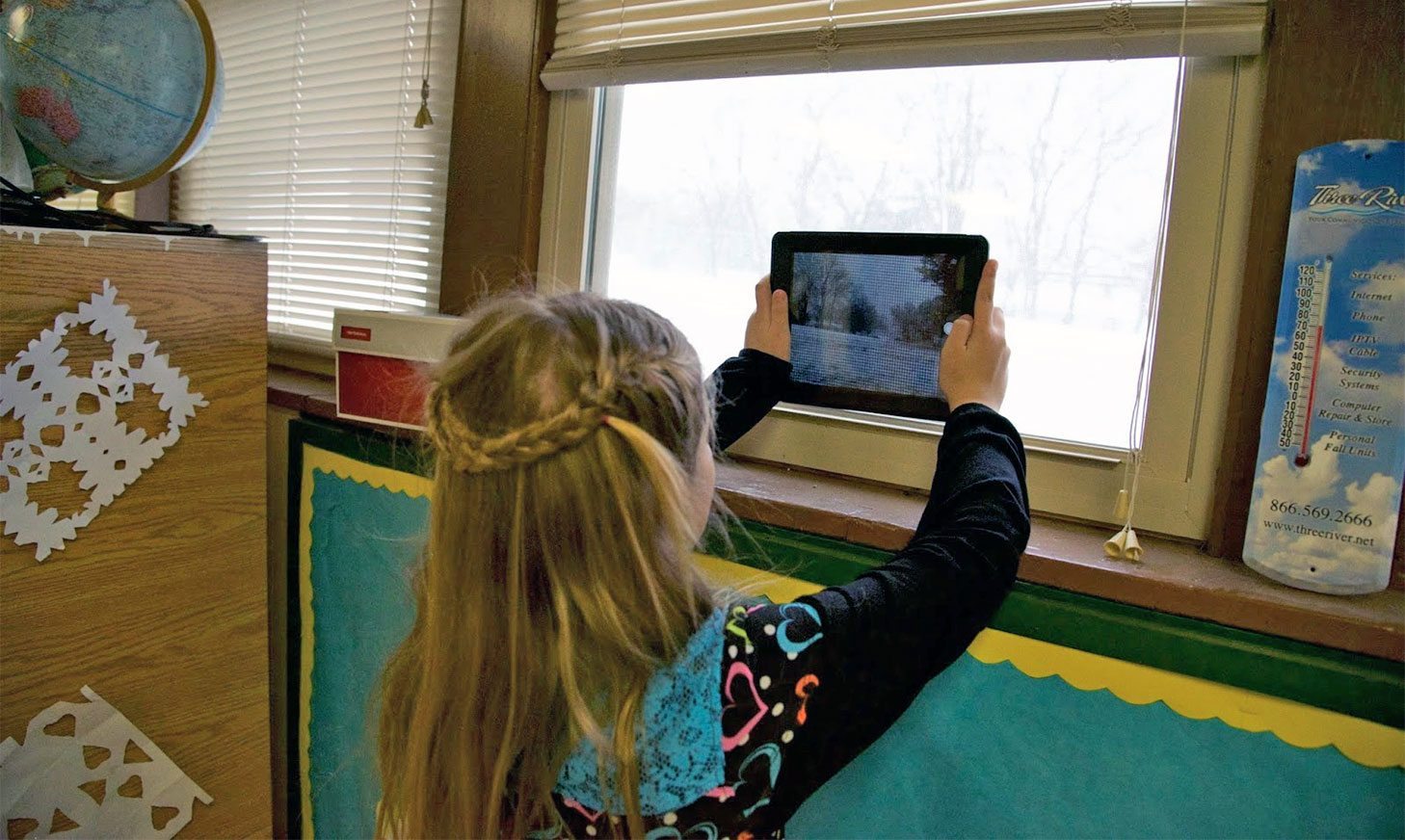
Book Creator basics
I shared an example of a student-authored Book Creator book, “A Dream Come True” (by Drew and Claire Morrow).
Then I showed them how to get started with a new Book Creator project and we discussed opportunities for creative content to go into their pages.
Next we looked at a couple of published examples by students in the iBooks Store including:
- “Our Favorite Weather” – class book from a Kindergarten class.
- “Wild About Weather” – class book that is more of a “textbook” example.
The creation process
Students quickly and easily navigated to the Book Creator app on their iPads and got started. Even with the free version of the app, students can completely author and publish one entire book. Plans to upgrade to the $4.99 paid version were quickly made and easily justified for future projects.
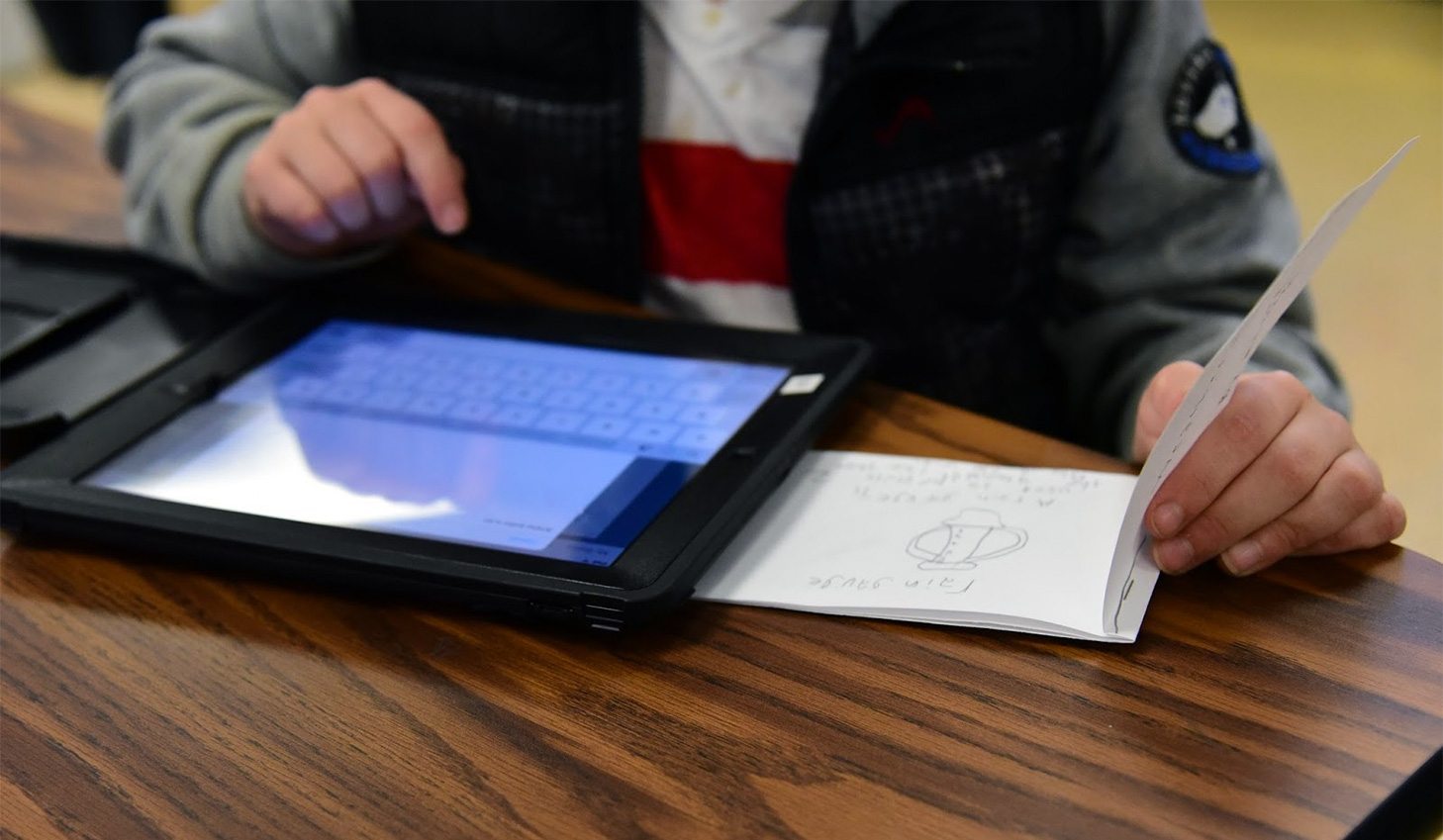
Each page followed a pattern, and every page had a plan (in the students’ paper books) and so students could concentrate on the creative side of publishing, maximizing their technology time.
For each page’s images, students could choose whether to draw the weather instrument, take a photo using their iPad’s camera, or find a photograph of the instrument online. Students were encouraged to use photosforclass.com for copyright-friendly images for their books.
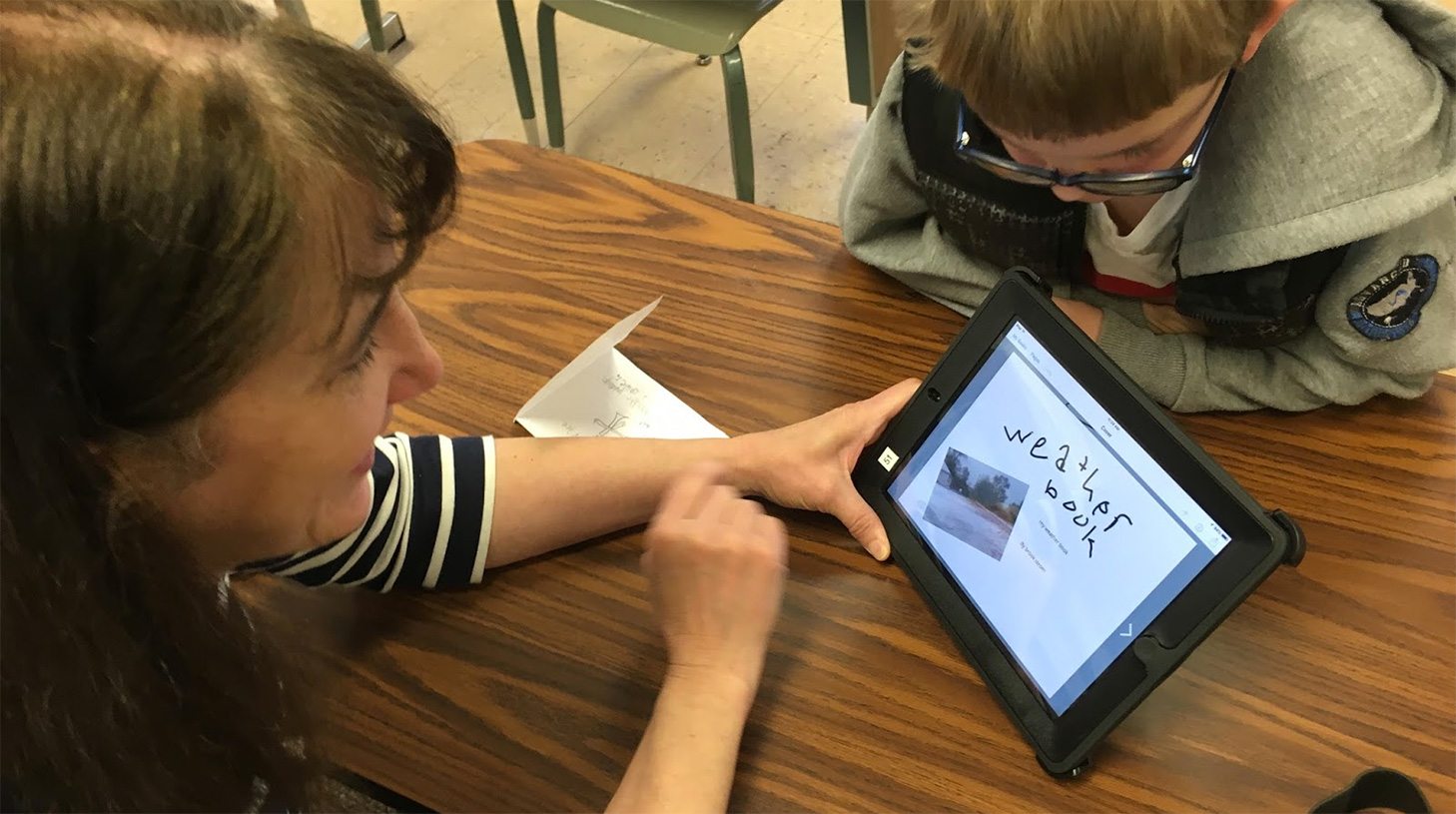
iPads allow for differentiation. Some students added in a page about each weather instrument with either a photo or video of the student using it. All students were encouraged to record all of their book’s sentences as audio recordings on each page. We discussed how valuable this would be for someone who is blind, who doesn’t yet know how to read, or even for guests at an upcoming technology fair.
Decisions for delivery
- Format (individual or group-authored)
- Topics (jigsaw ideas, common outline, uniform topics)
- Required components (text + audio recordings of all text, photos or drawings, video)
- Title (and covers)
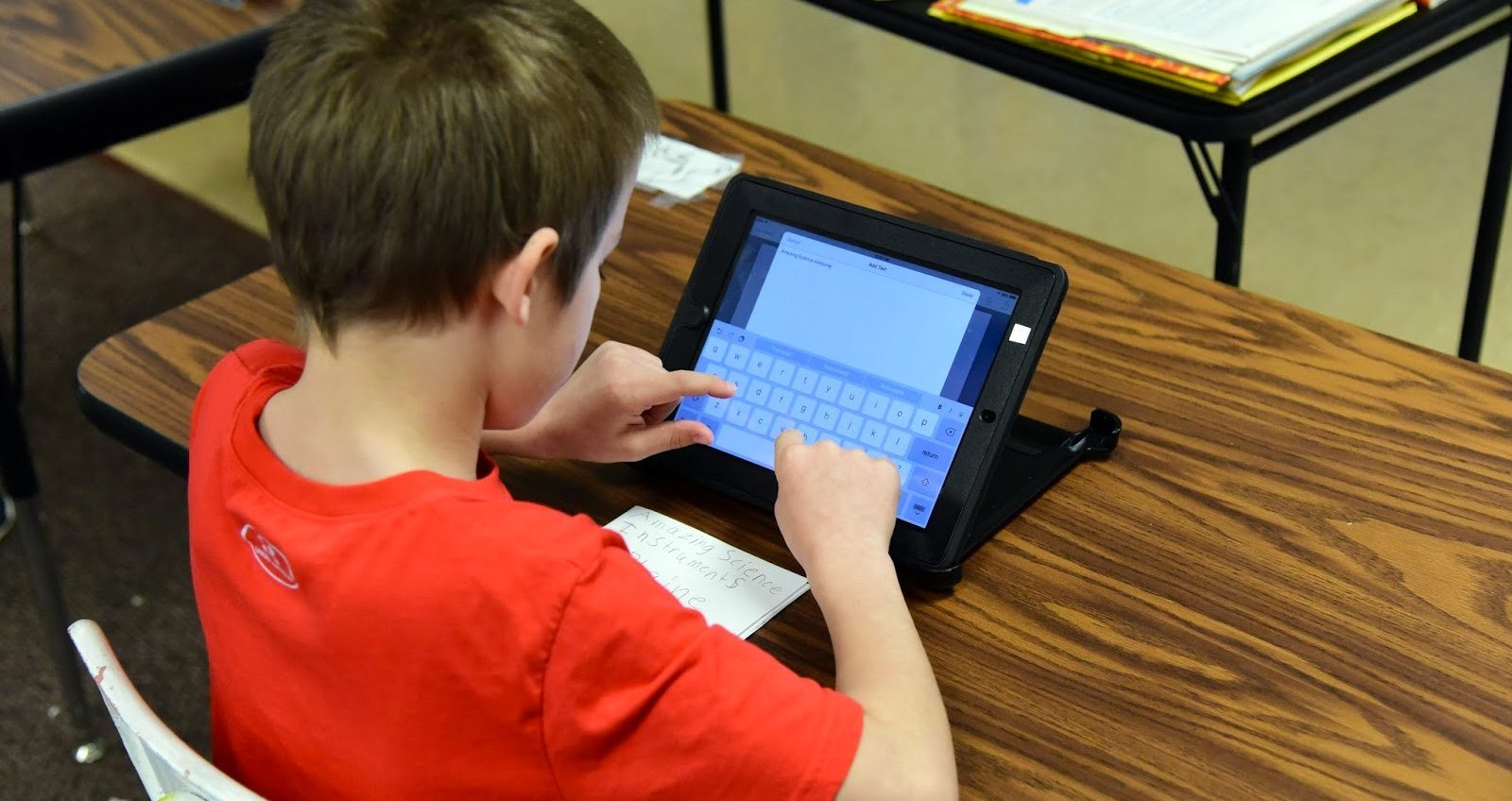
Extension options
Along with the students’ study of weather instruments, this project would work well with creating a class weather forecast (using iMovie or DoInk and a green screen).
A global learning opportunity would be to ask each student to survey and collect data/images of the weather around the world. After analyzing or mapping the results students could explain what they learned in their digital books.
Obviously, any topic could easily be interchanged with “weather” and used for an equally successful project.
Don’t underestimate the power of publishing to the iBooks Store. Although these students plan to share within their school community and with the guests who come to their Technology Fair, they could also elevate their work to a global audience by leveraging the iBooks Store platform.
Katie Morrow serves as Instructional Technology Facilitator at Educational Service Unit 8 in Nebraska. Katie has taught upper elementary, junior high Language Arts, high school digital media, and graduate level technology integration courses.





